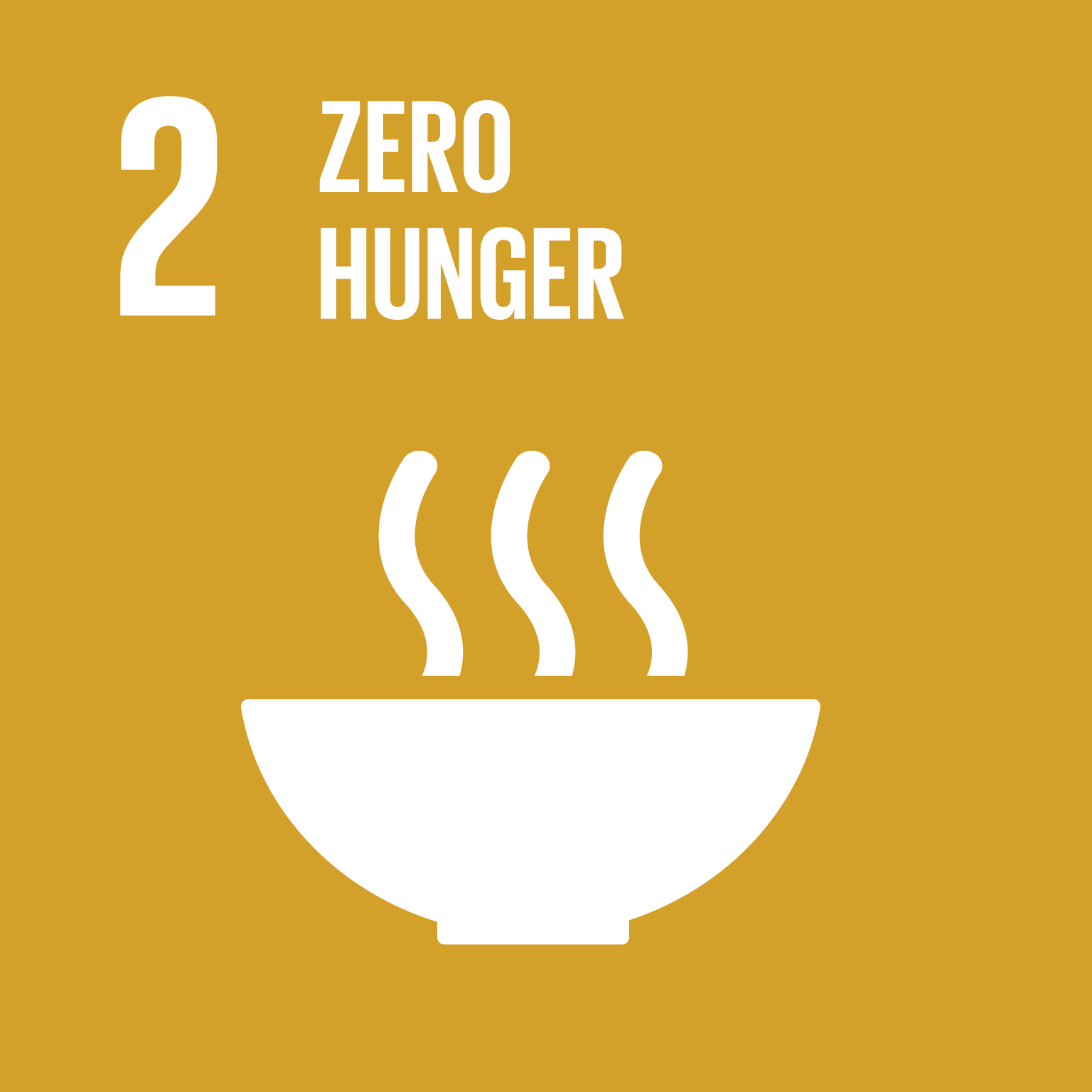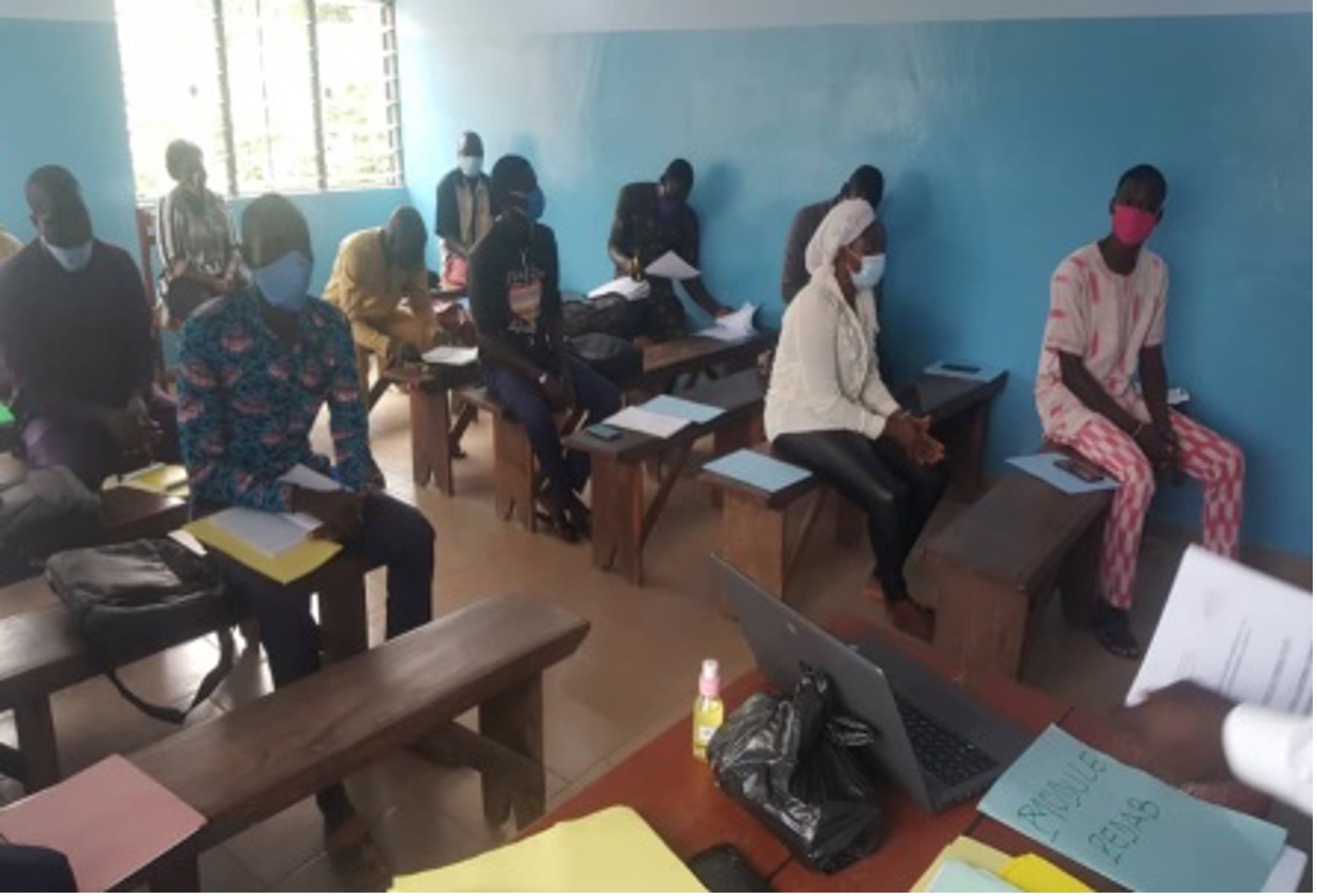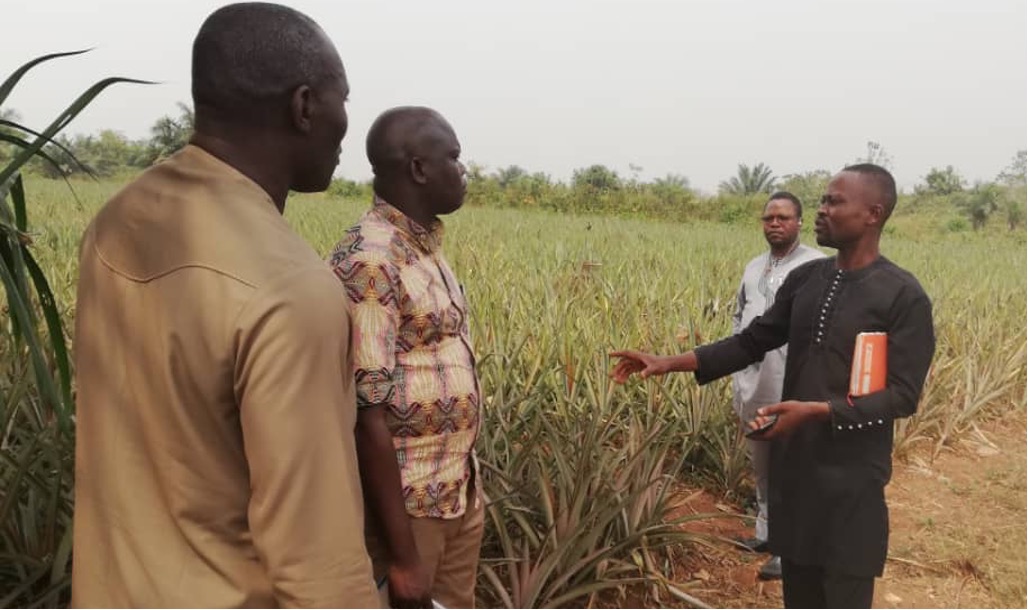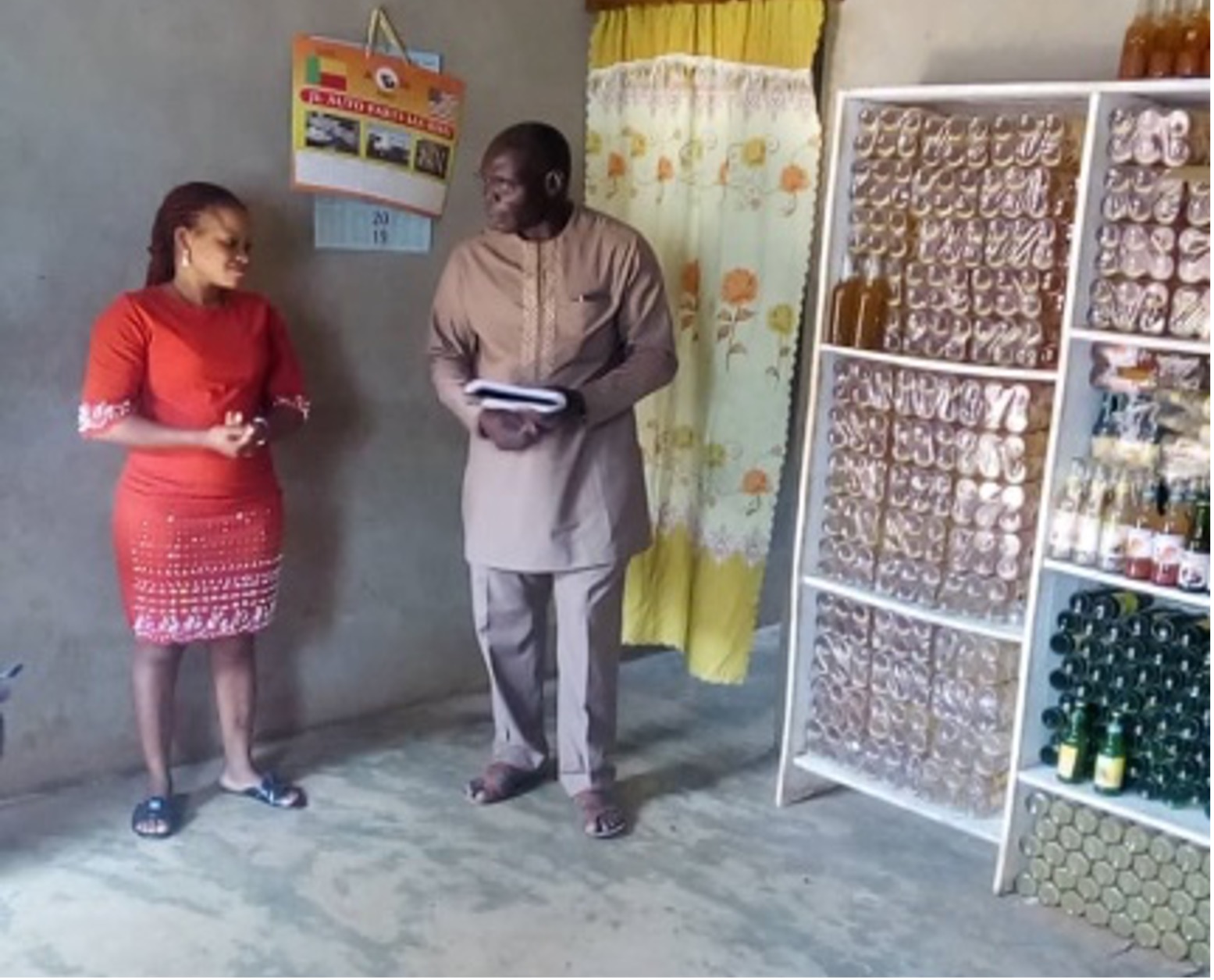 Benin Agribusiness Development Programme
Setting up an innovative approach to support young female entrepreneurs in the agribusiness sector to obtain bank financing: Experience of Benin
Benin Agribusiness Development Programme
Setting up an innovative approach to support young female entrepreneurs in the agribusiness sector to obtain bank financing: Experience of Benin

Challenges
Over the last few decades, several initiatives have been implemented in Benin to promote youth agricultural entrepreneurship. However, most of these efforts have focused on training and, to date, there is no effective support system for young people who have already been trained. In fact, despite the results of various initiatives to promote agricultural entrepreneurship, such as the Agricultural Entrepreneurship Promotion Project (PPEA), achievements in terms of making the integration of unemployed youth into agriculture sustainable remain fragile and precarious.
Drawing lessons from experiences to date, the weak link remains establishing an effective mechanism for access to financing, markets and land for young people, women and small producers. It is therefore imperative to design and implement innovative mechanisms that will effectively promote the development of agribusiness.
Towards a Solution
To address the above challenges, the United Nations Development Programme (UNDP), with the support of the India-UN Development Partnership fund, implemented the Benin Agribusiness Development Programme (PDAB). The project builds on the experiences of various past entrepreneurship support projects to coordinate the various structures involved in each link of the support chain and assist entrepreneurs to obtain bank financing. That includes preparation for entrepreneurship by the Territorial Agency for Agricultural Development (ATDA); development of business plans by the structures that support and supervise small and medium-sized enterprises (SMEs), the Structures d’Appui et d’Encadrement (SAE); setting up of credit by the National Fund for Agricultural Development (FNDA), financial intermediaries (IOBs) and banks; positioning on the market by the Beninese Agency for Food Security (ABSSA) and the Investment and Export Promotion Agency (APIEx); and development of the post-financing mechanism. The support is based on the development of a contract-based public-private partnership and on synergistic interventions, ensuring quality support throughout companies’ development process.
The aim of the project to support youth and women entrepreneurs through increased knowledge, agricultural value-chain activities, and the promotion of agricultural entrepreneurship could only be achieved through the involvement of national institutions and project stakeholders. The project strongly engaged national stakeholders in the selection of young entrepreneurs, the formalization of agricultural enterprises, the training on enterprise management tools, the support for the elaboration of business plans, the linking young entrepreneurs to financial institutions, the support for product standardization and certification, and access to the market. The project contributes to Sustainable Development Goals 2 (Zero Hunger), 1 (No Poverty) and 8 (Decent Work and Economic Growth. It also contributes to the Istanbul Programme of Action (IPoA) Priority Area 2 (Agriculture, food security and rural development).
The innovation of this approach lies not only in the plurality of expertise around SMEs to address competency needs, but above all in the structuring of financing and post-financing mechanisms. Beyond the highly participatory character of the approach, the segmentation of the support process and the search for specialization of the SME support structures also constitute an important innovation.
The perennial nature of these support structures, all of which are governed by laws, ensures the project’s sustainability. Among the public structures involved, the Territorial Agencies for Agricultural Development (ATDA) provides training and advisory support to SMEs on production and processing techniques; the Directorate of Rural Legislation, Support to Vocational Organizations and Agricultural Entrepreneurship (DLROPEA) addresses issues related to the security of land rights; ABSSA ensures compliance with standards and certifies the quality of production and processed products; and FNDA provides guarantees for establishing credit. The involvement of private structures, such as IOBs, ensures negotiations with banks for the setting up of credit, while the SAEs provide training and monitor SMEs in drawing up their business plans.
As a result of project intervention:
- 1,000 young entrepreneurs were selected, trained on entrepreneurial paths, and affiliated with various networks or associations of producers and processors;
- 450 youth-led SMEs were set up, and entrepreneurs were trained in business management tools and business plan development. Over 400 of them developed business plans that were promoted by financial intermediaries, facilitating negotiations with banks and financing institutions. As a result, 185 of these business plans were considered by financing institutions.
The PDAB approach to support young and women entrepreneurs in accessing bank financing is a pilot scheme, the replicability of which is limited and dependent on certain conditions. Indeed, the cost of support is high, involving the support of the government and technical and financial partners (TFPs) to resolve the issue of youth employment and entrepreneurship. This experiment can only be replicated if young people and women entrepreneurs acquire the capacity to finance the support they receive. To do this, it is important that they become involved in profitable sectors supported by the government. This is why business plans have been drawn up for products that offer comparative advantages. The second important condition for this experiment to be replicated is banks’ flexibility or specialization in financing SMEs in the agribusiness sector. For commercial banks, it is not easy to take big risks by lending to SMEs. Although the government has created a special fund to guarantee loans to young entrepreneurs, the operating conditions of this fund and methods of disbursement remain unconvincing to banks.
Several lessons can be learned from this pilot scheme:
- Supporting SMEs requires the intervention of competent structures to effectively ensure the establishment of efficient and profitable companies capable of raising bank financing and repaying it;
- In the absence of flexible bank financing, it is difficult for SMEs set up by young people and women to ensure a competitive and profitable business;
Support for contracts with institutional markets (public or private) is crucial to ensure the return on investment of enterprises set up by young people and women entrepreneurs.
Contact Information
Countries involved
Supported by
Implementing Entities
Project Status
Project Period
Primary SDG
Secondary SDGs
Similar Solutions
| NAME OF SOLUTION | Countries | SDG | Project Status | |
|---|---|---|---|---|
Accelerating the Implementation of African Union Treaties in São Tomé and Príncipe South-South learning from the Beninese judicial system’s experience in the application of human rights treaties to its national law |
Benin | 05 - Gender Equality | Completed | View Details |
Accelerator Labs Network Following collective intelligence methods to address emerging sustainability challenges and the growing demand for local solutions |
Benin | 08 - Decent Work and Economic Growth 13 - Climate Action | Ongoing | View Details |
Accessibility of Financial Services and the Private Sector in Africa Maximizing the impact of financial cooperation on economic development and industrialization in Africa |
Benin | 08 - Decent Work and Economic Growth | Completed | View Details |
Accessibility ToolKit Promoting accessibility as a cornerstone for inclusive digital development in Bangladesh. |
Benin | 08 - Decent Work and Economic Growth | Completed | View Details |
ACP Business-friendly Supporting business-friendly and inclusive national and regional policies, and strengthening productive capabilities and value chains |
Benin | 08 - Decent Work and Economic Growth 17 - Partnerships for the Goals | Ongoing | View Details |


